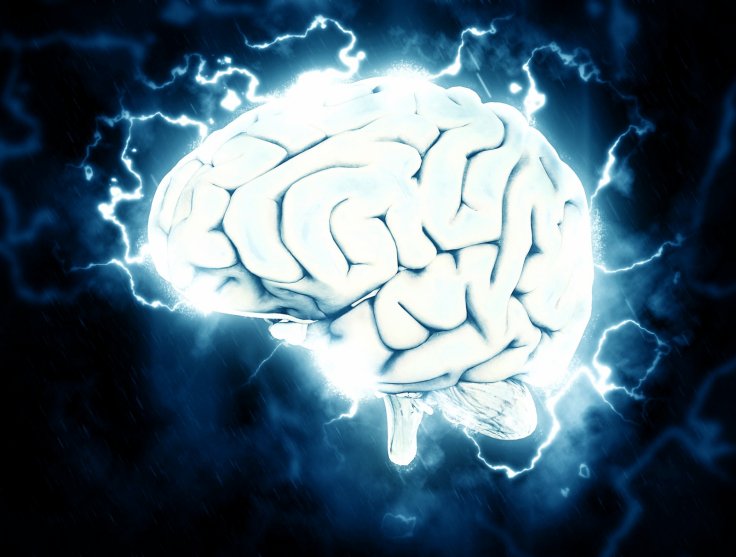The Coronavirus mainly attacks the lungs, but over time it was also noticed that the virus can also target a person's kidney, liver, and blood vessels. Now, a new study conducted by U.S. scientists has revealed that some Coronavirus infected patients experience unusual issues like headaches, confusion, and delirium which could be the result of the virus directly invading the brain.
The new study offers the first clear evidence to support what was previously an untested theory. As per the newly published paper the SARS-CoV-2, in some patients, invades brain cells, hijack them to make copies of itself, suck up all the oxygen, and leave neighboring cells to death. Akiko Iwasaki, an immunologist at Yale University, who is the lead author of the study said, "If the brain does become infected, it could have a lethal consequence."
S Andrew Josephson, chair of the neurology department at the University of California, San Francisco, praised the techniques used in the study since "understanding whether or not there is direct viral involvement of the brain is extraordinarily important." It is not clear how the Coronavirus can get inside the brain and the paper has not yet been vetted by experts for publication. Josephson said that he would remain cautious until the paper underwent peer review.

Brain and Coronavirus
If the study came out as ultimate evidence of what the virus can do to human brains, it wouldn't be completely shocking. For example, the Zika virus also does the same—breaching the blood-brain-barrier and causing damage to the brain.
But as per the doctors, until now the neurological impacts noticed in almost half of all COVID-19 patients could instead be the result of an abnormal immune response—cytokine storm—that causes inflammation of the brain.
The lead author Iwasaki and other researchers decided to approach the question in three ways:
- By infecting lab-grown mini-brains known as brain organoids
- By infecting mice
- By examining the brain tissues of COVID-19 patients who died because of the infection
The Coronavirus Infection
The researchers found that in brain organoids, the novel Coronavirus is capable of infecting neurons and then hijack the neuron cell's machinery to make copies of itself. Infected cells in turn caused the death of nearby cells by choking the supply of oxygen.
One of the main arguments against the direct brain invasion theory had been that the brain lacks a protein called ACE2 that the Coronavirus latches on to, and which is found in abundance in other organs, such as lungs. But the team of researchers, who conducted the latest study noticed that the organoids had enough ACE2 to facilitate the entry of the virus. They also found that the proteins were also present in the brain tissue of Coronavirus patients who had died due to the infection.
The team of researchers also performed a spinal tap on a hospitalized SARS-CoV-2 patient suffering from delirium and found the person had neutralizing antibodies against the Coronavirus in their spinal fluid.

The team also looked at two groups of mice. While one set that was genetically altered so that it had ACE2 receptors in only its lungs, the other one in only its brain. As per the study, those infected in their lungs showed signs of lung injury and those infected in the brain lost weight rapidly and died quite quickly.
The researchers then examined the brains of three COVID-19 patients who died after developing severe complications, finding evidence of the virus in all organs in varying degrees. The infected areas of the brain did not show signs of having been infiltrated by immune cells, like T-cells, which rush to the site of other viruses such as Zika or herpes, to kill the infected cells.
This indicates that the cytokine storm which is responsible for much of the damage seen in the lungs of novel Coronavirus patients might not be the main cause of neurological symptoms. Hypothetically it has been said that the nasal canal could provide the pathway to the brain.
However, the authors of the new study underscore the need to validate the findings with more studies and autopsies to learn how prevalent brain infection might be.









